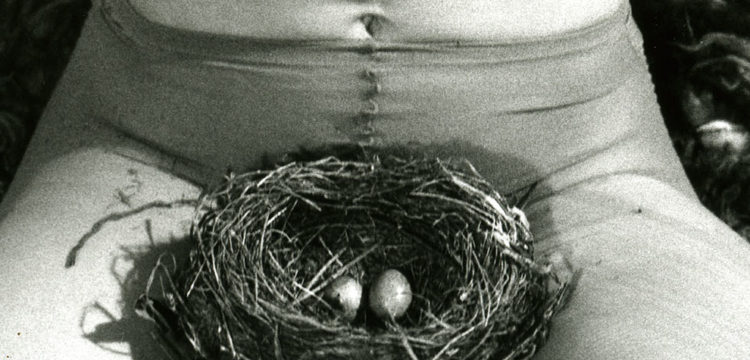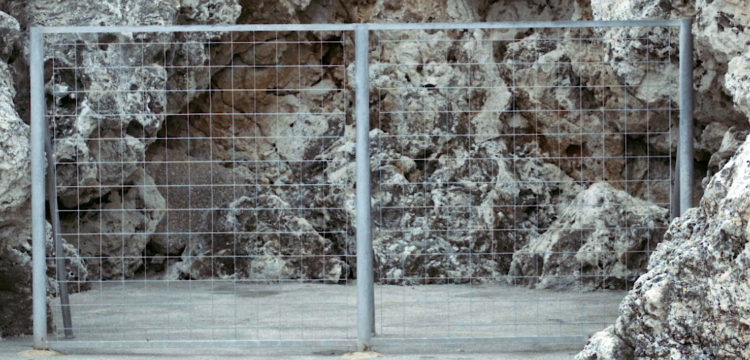Affirmative Actions
Artistic practices as thinking tools
Created in 2013 by Centrale Fies, in collaboration with Viafarini, LIVE WORKS – Free School of Performance is a platform dedicated to live contemporary practices that contribute to deepening and broadening the idea of performance, following the current evolution of performance and its styles. In times of continuous change, Centrale Fies and the curatorial team of LIVE WORKS adds two important news to the Call of this edition.
The Agitu Ideo Gudeta Fellowship is the result of the joint effort of Centrale Fies and Razzismo Brutta Storia and the collaboration with Black History Month Florence. With the support of her family, we are honored to be able to dedicate this Fellowship to Agitu Ideo Gudeta, a victim of a feminicide that ended a life of struggle and strength, dedicated to an enlightened ecological practice, social justice and respect for others.
The aim of the scholarship is to create useful tools to fight against ethno-racial discrimination in the world of performative artistic research, facilitating the access of racialized subjects. Conceived as a form of affirmative action, the Agitu Idea Gudeta Fellowship was created not only as a result of the need to foster diversity in the artistic field so that it better reflects social reality, but also from the awareness that the lack of such diversity is linked to material and concrete symbolics. In this sense, the Fellowship aims to take a step in the direction of breaking down these barriers.
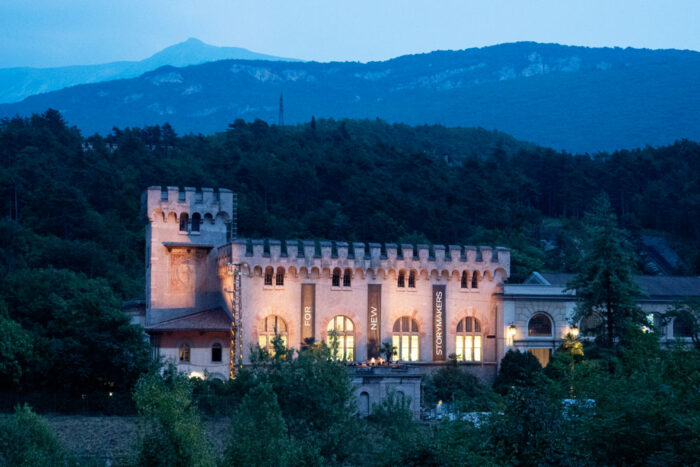
Despite the current difficulties, Live Works has come to its 9th edition this year and is shaping into a new residency format, involving some ex alumni for a summit, two exhibitions and performances by the past edition fellows. Could you ever imagine this evolution?
Barbara Boninsegna: By now one of the most important projects at Centrale Fies, Live Works comes to life with an ever changing nature. From an international jury to a network of guest curator, from a price to a fellowship, today a free school with a collective residency where the artists can come and interact in an environment free from hierarchies, in a horizontal exchange, throughout their different practices, backgrounds and cultures.
What I couldn’t imagine is the shape this 2021 Live Works is taking, according to these new times and slow-downs, along with a composite team, and the birth of a newly imagined spin-off for affirmative action, together with Razzismo Brutta Storia and Black History Month Florence, in order to work together on some concepts and themes that were always entangled to Live Works.
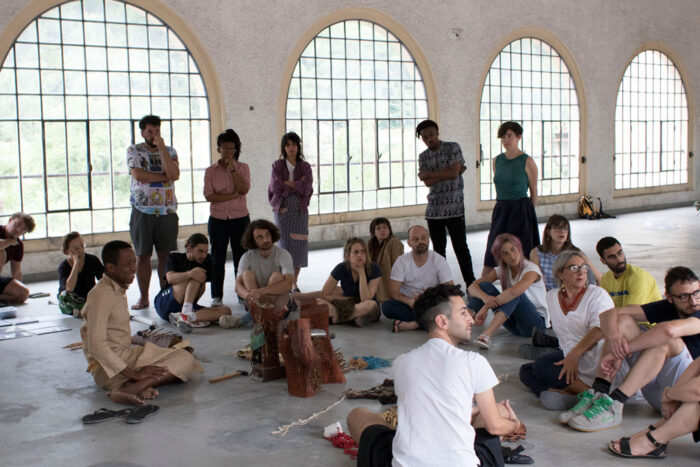
Compared to the previous one, this is surely a special edition thanks to the new Fellowship Agitu Ideo Gudeta, which enriches the curatorial board with two new figures, but also for the first time the 2020 fellows will meet the 2021 fellows. Why is it so crucial to create this meeting moment?
Simone Frangi: 2020 has radically changed Live Works’ organizing habits, nonetheless consolidating its ambition and the philosophy this format stemmed out from in 2013. So to ensure last year’s edition and to harmonize the residency needs with the restrictions imposed by the health crisis we have decided to turn Live Works into a year-long fellowship. The chances for this residency have multiplied, both at Fies and at other partner-locations, the budget has doubled and the curatorial support is structured like a long-term production guidance. I’d say that the way we reacted to the emergency has made the project even stronger and maybe necessary, within the current landscape of “festivalization” of artistic practices, and of erosion of structural economic support for the creative life of artists.
The fellowship dedicated to Agitu comes in to reinforce this philosophy of taking responsibility within the performance world, by intertwining Live works and its ethical asset, by focusing on the Italian scene and on the possibility to make use of certain institutional dynamics for anti-racist affirmative actions. The Live Works Summit was born from the urgency to mark with enthusiasm the project rebirth, by means of having different paths crossing, of all the practices that have crossed and are crossing the Live Works territory between 2020 and 2022: a passing of the baton among the 2020 and the 2021 fellows, a selection of alumni from the 2013–2019 editions and the whole curatorial team of the Agitu Ideo Gudeta Fellowship. An exchange between live works and an “analogical” theoretical path in the spaces of the Centrale, that brings together artists and theorists whose methodologies and positioning will help us define the asset of the Live Works of the future.
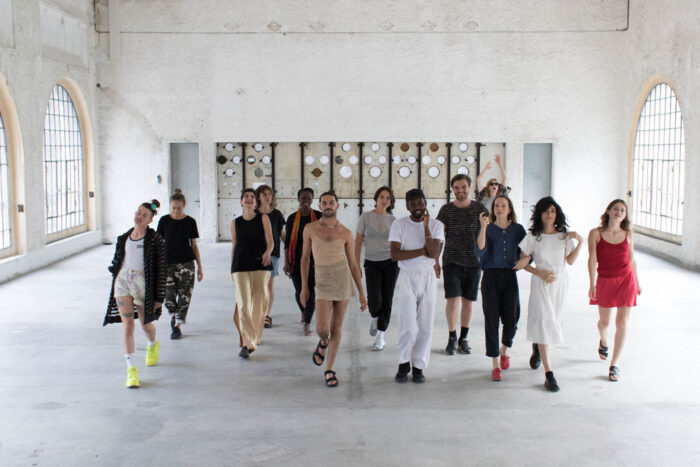
How come have you and Razzismo Brutta Storia seen in Centrale Fies a fertile place to build a network and imagine new paths?
Mackda Ghebremariam Tesfau: As it often happens in this kind of process, we already knew Centrale Fies, thanks to Dino Sommadossi and his work at the Dro’s public library and its surroundings. We have met on the occasion of the Homeland festival, dedicated to migration and its impact in the context of Trentino. Dino and the library are entangled with the migrant community that gets involved in different projects. We already knew that there was a certain kind of approach regarding certain topics. Anyway, we needed some nerve to propose this fellowship to a place such as Fies. A fellowship that is more of a positioning toward the art world and culture at large, in relation to this specific territory. The answer was immediately positive, as confirmation of the fact that there was this intention to think about new ways to be inclusive and to create tools to counter injustice. We know that a fellowship is just a fellowship, and it can’t bring a change that should rather be systemic and structural, inasmuch as racism is. But we have thought of it as a seed, a case that brings other cases, an occasion to question inequalities, why they exist and how to act on a small scale. There aren’t many forms of affirmative actions in Italy. We want to talk about them as necessary practices. Meanwhile, we create a precedent.
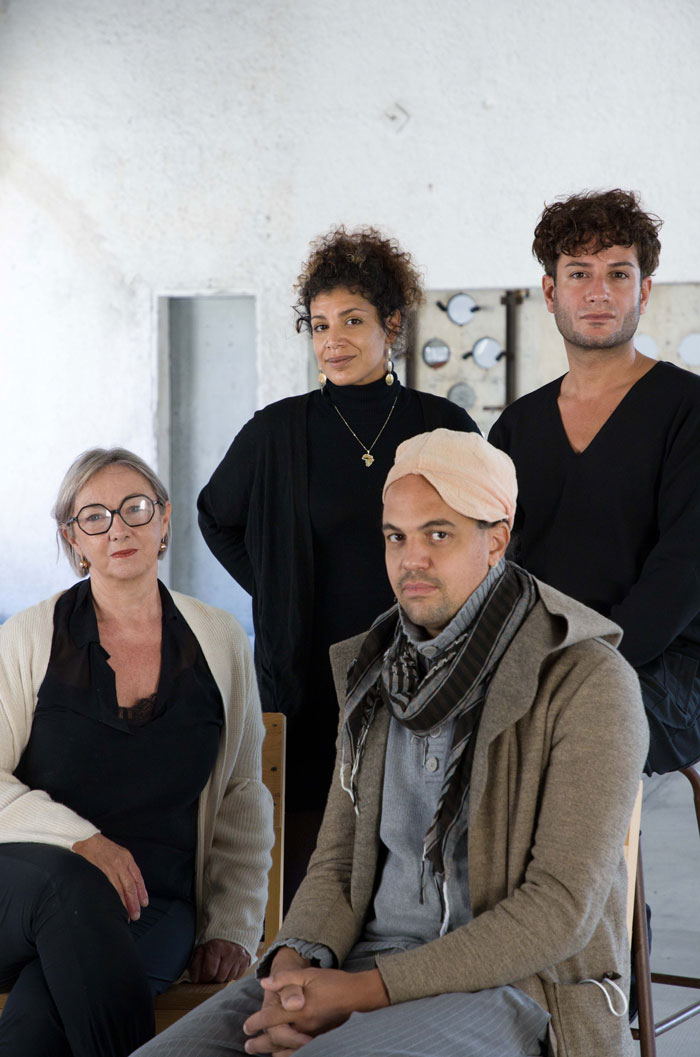
Can we say that the Agitu Fellowship’s proposition is to get rid of all the existent divisions, even within the artworld, namely in terms of class, race, and gender, that somehow are considered necessary “requirements” to be able to work in this circuit?
Justin Randolph Thompson: In a certain sense, the unwritten regulation of access in this country is informed by a set of values written into the dominant canon of art which is perpetuated by a systematic lack of challenge to the presumed alignment of Italianness and whiteness. In this context, the art world and the broader range of institutions that make it up are far more likely to play lip service to social causes for inclusion than to instate institutional changes that are long term in their application. This initiative recognizes the challenges, implications and responsibilities of this much needed work and hopes to establish a path that can be extended through this platform.


